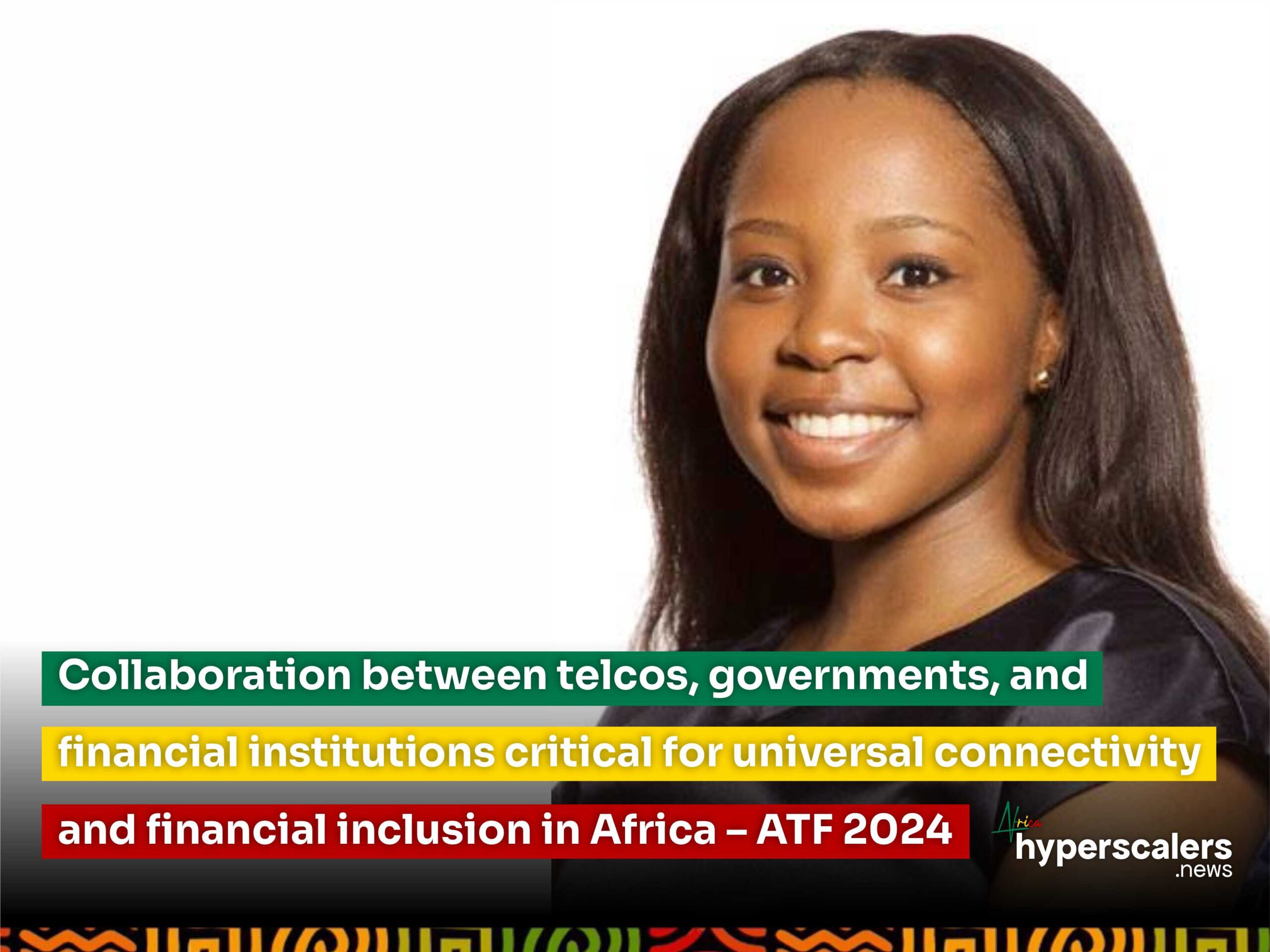Speakers at the Africa Technology Festival have called for greater collaboration between telecommunications companies, government agencies, and financial institutions, urging that such partnerships will be key to achieving universal connectivity and financial inclusion across Africa.
During the panel discussion on “Bridging the Connectivity Gap with Collaboration: How Telco Partnerships Will Drive Innovation in Africa,” industry leaders from the telecommunications, regulatory, and financial sectors discussed how collaboration can accelerate connectivity and digital transformation on the continent.
The panel featured Tinuade Oguntuyi, Head of Network and Solutions at Information Connectivity Solutions, Nigeria; Lisa Meng, Senior Advisor at UNICEF Giga; Tony Izuagbe Emoekpere, President of the Association of Telecommunications Companies of Nigeria (ATCON); Martin Petkov, Chief Operating Officer at Effortel Technologies, SA; Solomon Kofi Richardson, Director of Technical Services at the National Information Technology Agency (NITA), Ghana; and Linda Oniwe, Senior Vice President of TMT SA at Standard Bank.
The speakers identified key challenges that hinder collaboration among telecom operators, including a lack of regulation and fragmented approaches, with operators often hesitant to partner. They emphasized that fiber sharing and infrastructure collaboration are essential for achieving faster connectivity outcomes, particularly in underserved areas. Solomon Kofi Richardson of NITA, Ghana, highlighted that Ghana has made significant progress by implementing tower sharing and swap agreements between operators, which has reduced the number of redundant towers in high-density locations. He also pointed to the importance of regulatory frameworks that stimulate investment and foster collaboration, including policies that encourage spectrum swapping.
The panel discussed successful collaboration models, such as IHS’s Global Independence Connect Limited (GICL), which provides long-distance fiber to all operators in the region, alongside shared tower infrastructure. Another example was a partnership between fiber companies and state governments, where governments granted free Right of Way (ROW) in exchange for fiber infrastructure, which connected local government areas and enabled the linking of data centers, providing internet access to 66 health centers.
The discussion also focused on how telco partnerships can drive financial inclusion. The rapid growth of mobile banking in East Africa was cited as a successful example, while noting that there is still significant potential for growth across the continent. By partnering with financial institutions, telcos can help improve access to credit, especially for individuals in the informal sector who lack formal documents. Telco data on customer behavior can provide banks with the insights needed to assess risk and extend credit to underserved populations.
Petkov emphasized that foreign direct investment (FDI) is increasingly attracted to telecom investments that demonstrate social impact and financial inclusion, combining profitability with social good to make partnerships more appealing to investors.
Richardson further discussed how the Ghanaian government has played an active role in ensuring investment reaches rural areas by installing core networks in underserved regions. This allowed telcos to plug into tiered pricing models and guaranteed 3G roaming. The government also issued licenses to wholesale networks at reduced prices, enabling multiple operators to use the same infrastructure and fostering competition. This approach has helped speed up the rollout of 5G.
In Nigeria, Emoekpere of ATCON discussed how ATCON’s efforts in creating collaborative platforms, such as the ICT commissioners’ forum, have helped align federal licenses and state-level permits. This initiative has streamlined the permitting process, fostering stronger cooperation between regulators and operators.
The panel also explored the potential of Mobile Virtual Network Operators (MVNOs) to complement the telco ecosystem. Tony Emoekpere emphasized that MVNOs could play a key role in bridging rural connectivity gaps, offering services such as real-time market data for farmers. Martin Petkov agreed, noting that MVNOs could be strong partners to telcos, but their success depends on a growth mindset and regulatory support to enable joint investments and profit-sharing.
Oniwe of Standard Bank called for greater efforts to amplify the social impact of telcos, particularly in areas like financial inclusion and digital education. She emphasized the need for collaboration between governments, telcos, and financial institutions to tell the story of digital transformation and secure the incentives needed to drive investment.
Meng from UNICEF underscored the importance of connectivity in education, noting that over 6 million schools across Africa remain unconnected. She highlighted the connection between connectivity and economic outcomes, pointing to UNICEF Giga’s work with telcos to overlay infrastructure data (e.g., mobile coverage) to identify schools in need of connectivity, working with governments to get those schools online.
The panel concluded by stressing that collaboration among telcos, governments, and financial institutions is essential to achieving universal connectivity across Africa. By sharing infrastructure, reducing regulatory barriers, and focusing on social impact, these partnerships can help drive economic growth, financial inclusion, and digital empowerment across the continent.





